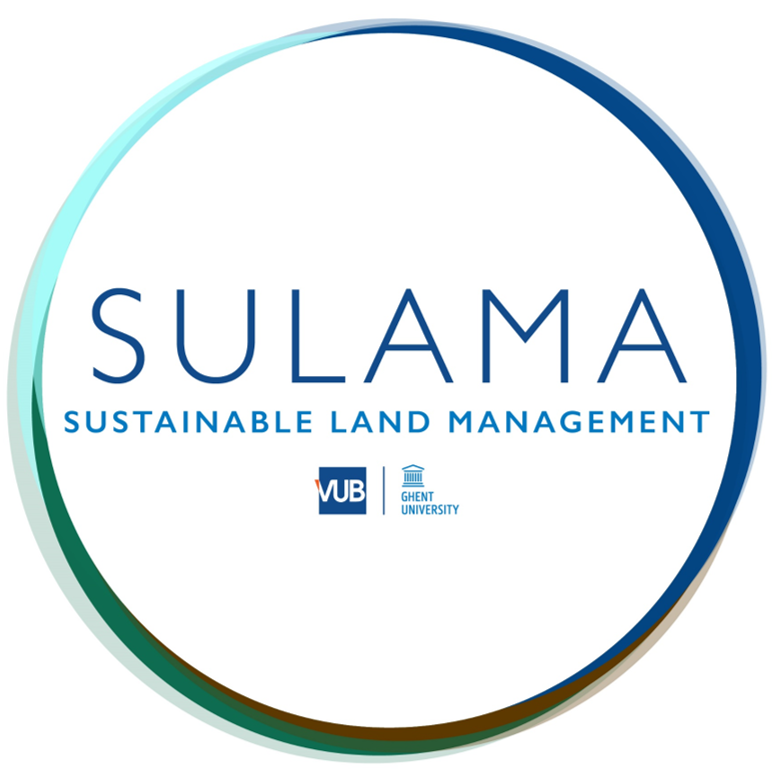Structure
The Master of Science in Sustainable Land Management is a two-year, full-time programme.
Students can choose between two main subjects: Land and Groundwater Management (Ghent University), and Urban Land Engineering (VUB).
The Land and Groundwater Management main subject aims at training researchers, academics, government staff and expert consultants in the inventory and detailed characterisation of land capacity, and of groundwater in particular. Graduates should be able to understand the development and evolution of groundwater under
natural conditions or following human interference using field, map, laboratory and remote sensing data. They should have the scientific knowledge to use and manage land and water in a sustainable way, and to optimise land and groundwater use under different natural and environmental conditions.
The Urban Land Engineering main subject aims at training researchers, academics, government staff and expert consultants in the inventory and detailed characterization of land capacity, and of urban land in particular. Graduates should be able to understand urban hydrology and hydraulics, and the problem of sustainable mobility and logistics, using field, map, laboratory and remote sensing data. They should have the scientific knowledge to use and manage urban land and water in a sustainable way, and to optimise urban land use under different natural and environmental conditions.
The first-year curriculum is mainly organized at Ghent University (except for two courses in the first semester). The Land and Groundwater Management main subject in the second year is organized at Ghent University, whereas all the course units of the Urban Land Engineering main subject in the second year are lectured at Vrije Universiteit Brussel.
There is one common course unit in the second year: Integrated Project, assuring coherence between both majors. An important part of the second-year curriculum is allocated to the Master’s dissertation. Students have to integrate the knowledge they acquired by means of (guided) self-study, which involves experimental work, data analysis and interpretation, writing and communication. The Master’s dissertation is an important benchmark for the final competencies the students have obtained. The SULAMA program offers the possibility to students to complete the Integrated project or the Master’s dissertation abroad with one of the partner universities in Indonesia, Vietnam, South Africa or Ethiopia.
Courses
- consult the study guide of the Land and Groundwater Management track
- consult the study guide of the Urban Land Engineering track
Labour market
Experts in physical land resources are in high demand to address the many challenges ahead of us, particularly resulting from the lack of similar programmes worldwide. The implementation of various directives on environmental and climate change, and addressing the sustainable development goals, calls for well-trained personnel in physical land resources, both in the Global North and South.
The great majority of alumni are very satisfied with the programme and with the opportunities it created for their current jobs. Most alumni are employed in theory-oriented and applied research at universities or research institutes; policy making at (inter)governmental and non-governmental organisations; education, training, extension or rural innovation; design, management and interventions at small to medium-sized enterprises or corporate businesses; or take up a consultancy or advisory position.
